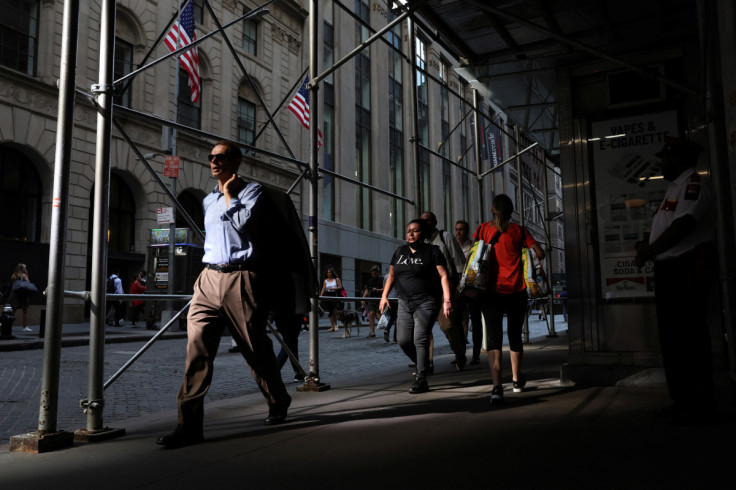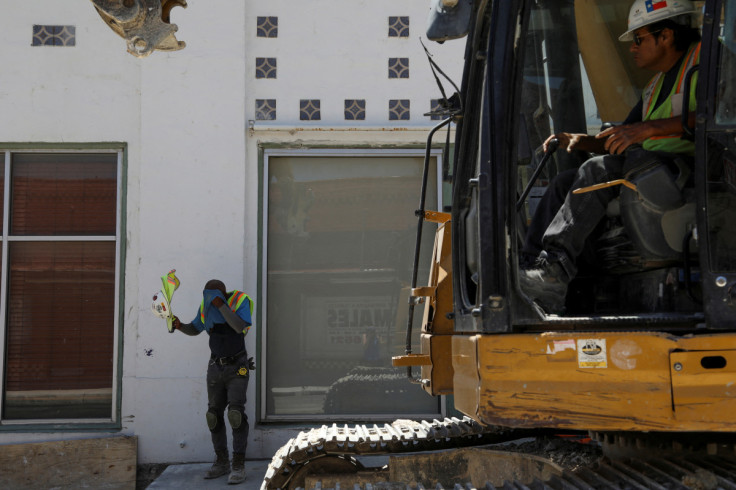From Coast To Coast, U.S. Heat Wave Threatens To Tighten Its Grip

A heat wave on Wednesday was expected to smother a broad swath of the United States for a second day, pushing temperatures to record highs in many areas and leading forecasters to warn about the dangers of dehydration and exposure.
Some 100 million Americans, living from New York City to Las Vegas, will see dangerous heat indices well above 100 degrees Fahrenheit (38 C) and will be under heat warnings and advisories throughout the day, the National Weather Service (NWS) said. It advised people to stay indoors, avoid strenuous activities and stay hydrated with lots of fluids.
"Take extra precautions if you work or spend time outside. When possible reschedule strenuous activities to early morning or evening," it said in an advisory for Dallas, where the high temperature was forecast to reach 112 degrees.
Temperatures were expected to break daily records across Texas, Louisiana and Arkansas on Wednesday, the service said.
Air pollution presents yet another health risk during the heat wave. Pollution from the electric grid can more than double when power stations run full tilt during sweltering heat.
In New England, carbon dioxide production soared to 123 metric tons per hour just before 8 p.m. EDT on Tuesday. That was more than double the hourly rate earlier in the day (4 a.m. EDT) of just 58 metric tons, according to estimates by ISO New England, the grid operator for the six-state region.
Texas grid operator ERCOT asked state environmental regulators this week to use their discretion when power stations exceed pollution limits. The Texas grid needs power stations to run full throttle to handle record-setting electric demand amid extreme heat across the region.
To give relief to residents without air conditioning, New York City opened cooling centers in libraries, community centers and other city buildings and extended public pool hours. The high temperature was expected to reach 99 degrees on Wednesday in the nation's most populous city.
The excessive heat in the United States comes on the heels of a heat wave in Europe this week that has touched off wildfires and set record temperatures. It is kind of weather event that scientists say will become more frequent with climate change.

Copyright Thomson Reuters. All rights reserved.





















